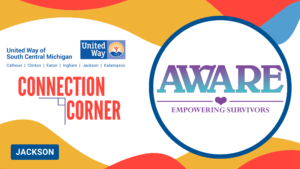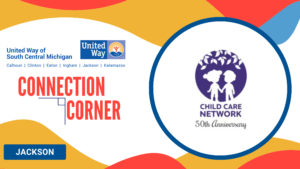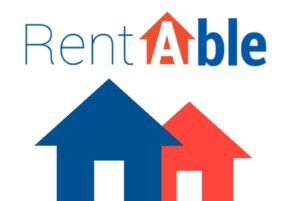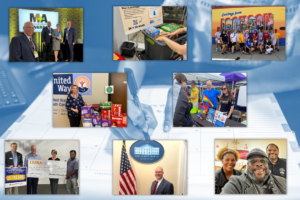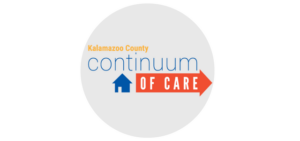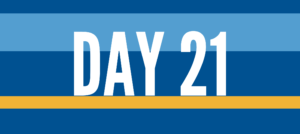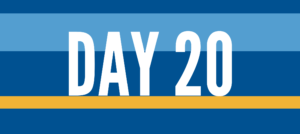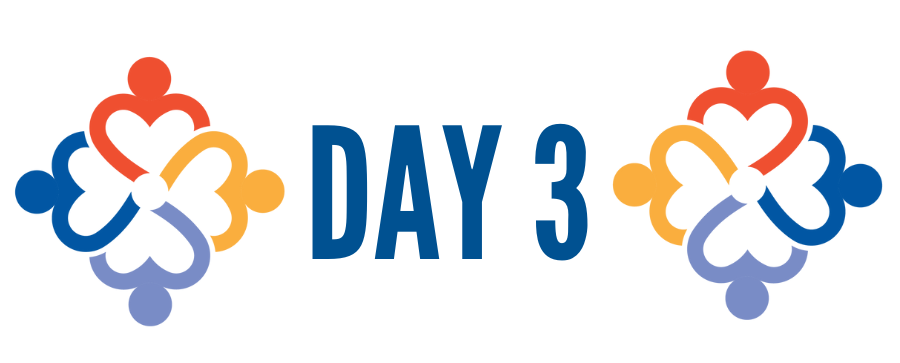
Day 3: Caring for Yourself in Your Equity Journey
As you go through these lessons, there are some that you might have a more personal connection to than others. There are some that might make you defensive, and some that might make you deflated. It’s important to check in with yourself to understand what emotions are coming up, why they’re there, and how you can move through them to continue doing equity work. These are moments to lean into reflection and recognize your emotional reactions as an important part of your equity journey – it’s what makes us and keeps us human!
During times when you are having conversations about equity, take time to notice how your feelings show up in the conversation. If you are a person whose identity(/ies) are impacted by the inequities discussed, know that it’s important to set boundaries and it’s ok to say no to engaging in these conversations. If you are a person whose identity(/ies) are not impacted, know that the goal isn’t to avoid the conversation, the goal is for each of us to take responsibility and find opportunities to learn (there are many out there). It’s absolutely okay to be uncomfortable; in fact, being uncomfortable is a space in which we learn best.
- This work is hard and deeply personal, and if we don’t deal with our inner stuff, it will show up in messy ways.
- Yes, this includes therapy. We all can benefit.
- For people holding marginalized identities, this can include finding community/ies with those who share your identities, processing harm and pain caused by isms, and setting up boundaries.
- Unpack, unpack, unpack – imagine packing for a trip that is going to last as long as you have been alive. Now, imagine unpacking for that trip. Yup, it’s going to take a minute (spoiler: you are never going to finish). Unpacking the stereotypes, biases, myths, and blatant lies we’ve been taught about ourselves and others is critical to our growth.
- Isms hurt all of us. They create unrealistic expectations and make us less human – it hurts! Figure out how this shows up so you can heal. Otherwise you’ll always be reacting to pain. Ouch.
TODAY’S CHALLENGE
Read:
Radical Self-Care to Protect Your Overall Well-Being: Learning to care for yourself allows you to be there for others by Suzanne Degges-White . (October 30, 2020) [5 min read]
Watch:
Healing From Racial Trauma | Lisa Collins (March 2, 2022) [9 min watch]
In this TEDx video, Dr. Lisa Collins shares about her research and lessons learned from providing racial healing approaches to People of Color and Non-People of Color. She utilizes her life coaching from Conscious Freedom and spirituality to provide acceptance and space for connectedness and oneness in a world that needs it so much.
Reflect:
- What shows up in your body when you are learning about unfairness, inequality, or inequity about people who are like you? Or people who are not like you?
- What practices do you already have to take care of yourself in difficult conversations about justice? What skills do you want to pick up to stay engaged?

